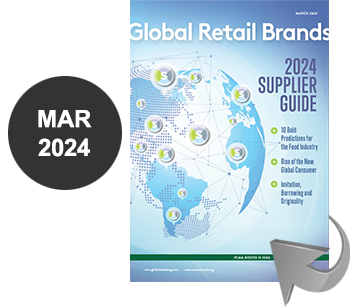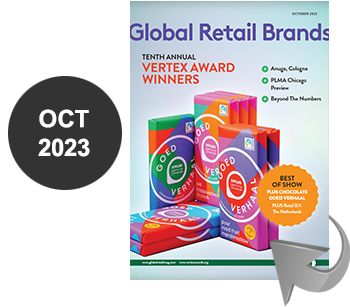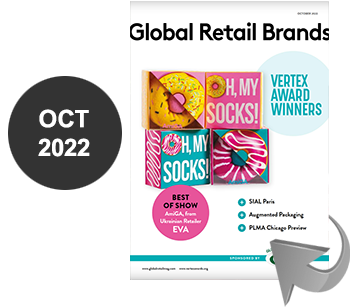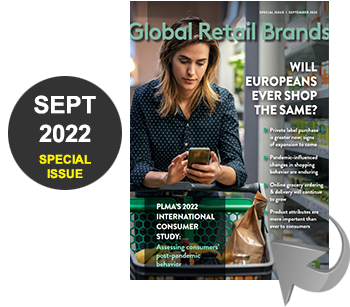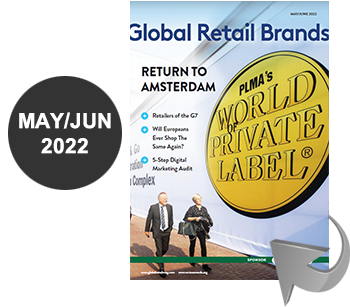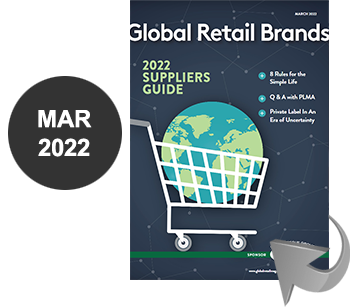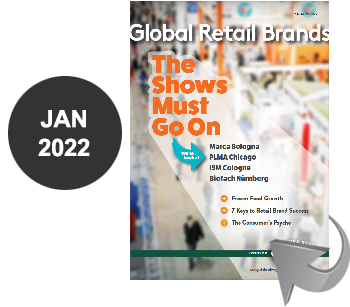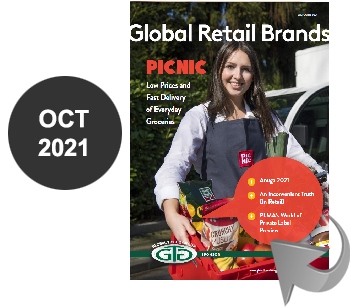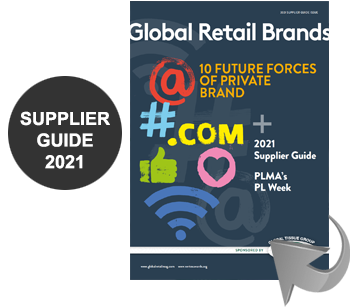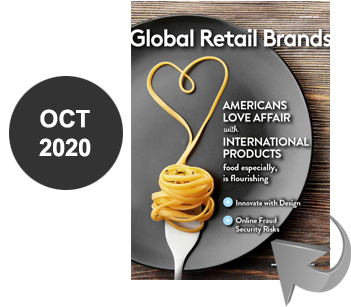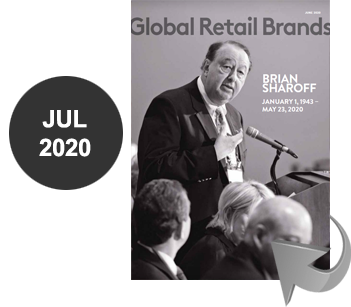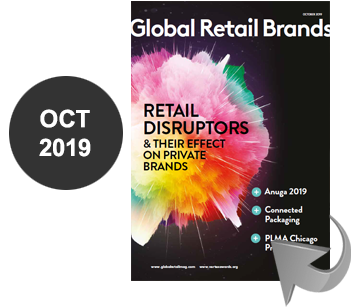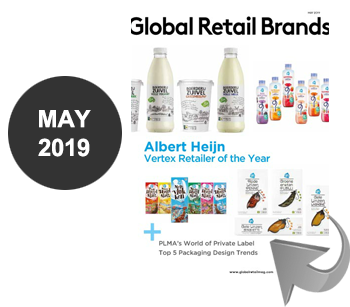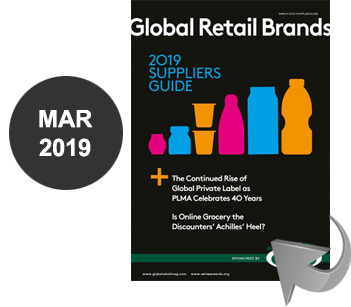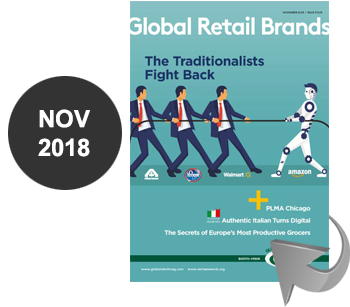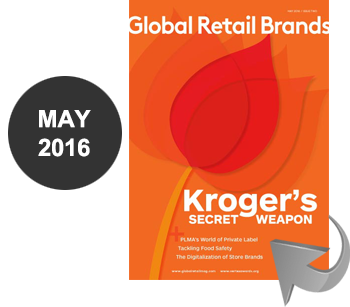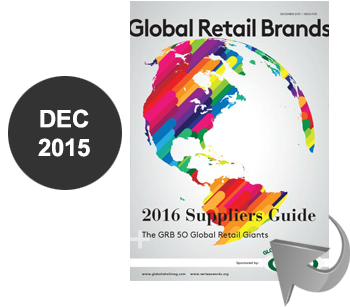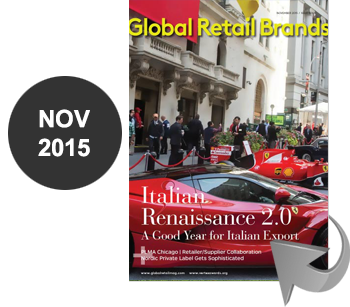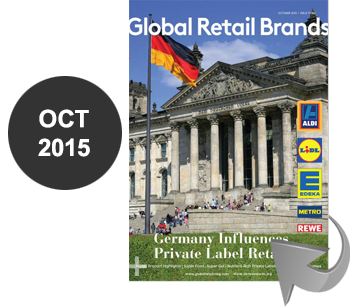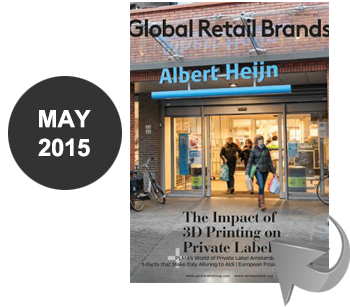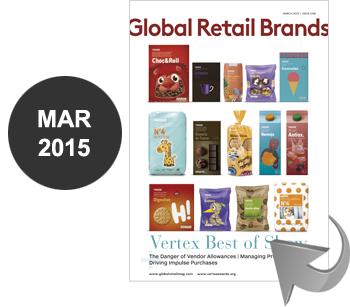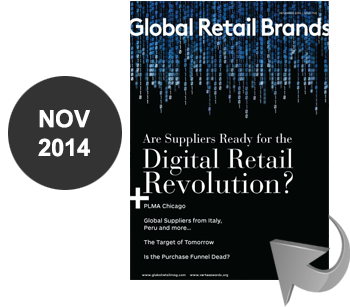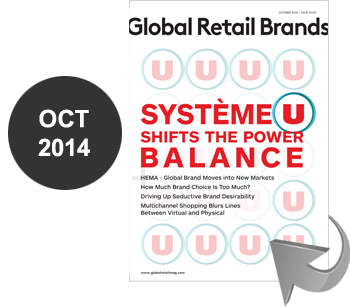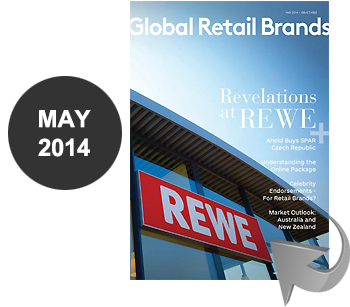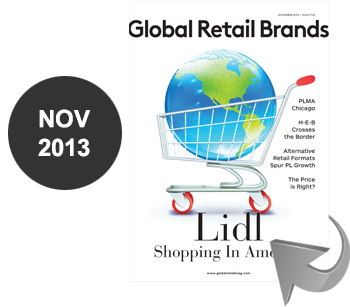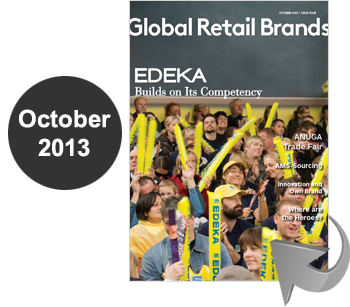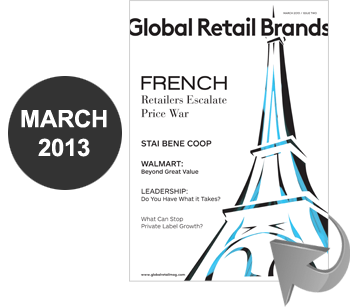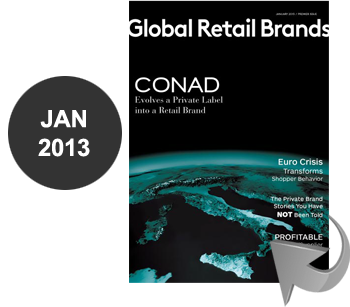by Christopher Durham, President Retail Brands Institute
On September 22nd, we launched the Retail Brands Institute and committed to changing the private label industry.
The change begins with language. Words are powerful; they impact how our industry is perceived and how we invest in our brands and future. It is time to change the language. The phrase private label is associated with the cheap products of the 1970s, and the term Private Brand evokes the copycat mentality of the 1990s. Today retailers own and manage Brands.
The definition of retail has dramatically evolved over the last decade from bricks and mortar stores to online, popups, mobile, and more. We embrace a broader definition of retail that includes all those who sell regardless of category or channel.
So, we are the Retail Brands Institute.
This game-changing shift will radically transform the private label industry to become RETAIL BRANDCENTRIC & CONSUMER FOCUSED.
The transformation will set up the industry for dramatic and unparalleled brand and SKU expansion as well as increase brand loyalty, basket share, and repeat purchase.
The last two years of covid and the last five years of digital change will dramatically accelerate the industry’s potential. The retailers, manufacturers, agencies, software companies, and solution partners who lean into that potential will lead the future of Retail Brands.
- Excellence:
Although National Brand Equivalents (NBE) will always be a foundational element of Retail Brands, best-in-class retailers will choose when and where to win. They will embrace a differentiation strategy that chooses excellence and work diligently to win the hearts and minds of shoppers. - Transparency:
For the last 50 years, generic and then private labels have held secrets close to their vests. They guarded who manufactured products as state secrets. That day is now dead; the internet, blockchain, and smartphones have ushered in a new age of information democracy, and Retail Brands must embrace that. Our industry must leverage our manufacturers, products, and ingredients as engaging marketing stories. - Innovation:
The future of Retail Brands is strong if retailers tap into the deeper needs of customers. Private Brand has the potential to grow exponentially year over year. We must develop products that are customer-led and focused on unmet needs. The industry must explore and create new ways to build and design innovations and discover exciting products worldwide. The battle between procurement and partnership must give way to the needs of the customer. - Agility:
The days of the behemoth slow-moving retailer or manufacturer are gone. The Retail Brands of the future will move fast, learn fast, pivot fast. - Diversity:
The Retail Brands of tomorrow will embrace changing demographics and migration. The result will be new brands and products that recognize and embrace evolving shoppers. International flavors, fashions, and home trends will shape a new breed of Retail Brands that celebrates the uniqueness of humanity. - Sustainability:
Retail Brands account for between 20 and 90% of virtually every category in every channel. Their reach and depth create an unprecedented opportunity for our industry to impact sustainability. We must own sustainability, and we must engage our customers in our sustainability journey. - Design:
The Vertex Awards have demonstrated that Retail Brands have dramatically improved their brand and package design over the last eight years. Over the next ten years, Retail Brands design will take center stage as the leader and trendsetter of design. Design will be the key to bringing Excellence, Transparency, Innovation, Agility, Diversity, and Sustainability to life.
The future is Retail Brands that consumers know and love.




